In my study, ideas of liberalism, socialism, communism, anarchism, religious Salafism, and fascism clashed. I found myself in a tumultuous vortex, and, in keeping with my principle of sanctifying reason, I turned to it, asking it for guidance amidst this deluge.
One day, while we were reviewing the doctrines—I will limit myself to mentioning his name due to the significant role he played in my life and the insignificance of the influence of others—Professor Saad Kabir asked me:
“What are you?”
After hesitating, I replied:
“Nothing.”
He replied angrily, being extremely sensitive and nervous despite his intelligence and comprehensive culture:
“It is death…”
“But I am a diligent scholar who sanctifies reason.
“Can reason be fulfilled without expressing its opinion on the human system of government?
“But… But politics is interests.
” -Interests guide the ordinary man to his party, but reason, with its light, can distinguish between right and wrong.
I asked, smiling:
-Where do you think my interests lead me?
-But with reason, you can transcend your position…
-In any case, he should be given more time to think.
I confided my concerns to Hoda, as she is the first friend from whom I hide nothing. She said without hesitation:
-I notice that politics corrupts the mind.
I told her, as if declaring what was raging deep within me:
-That depends on the mind itself.
She replied with faith:
-In politics, the mind finds itself in distress.
-Perhaps, but the solution will not be in escape.
Heart of the Night is a novel that won the Egyptian State Appreciation Award and the Nobel Prize in Literature in 1988, for its embodiment of ideas drawn from Naguib Mahfouz’s Egyptian society during that past period.

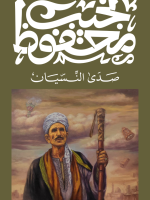
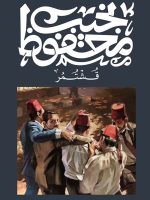
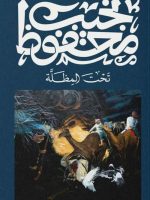
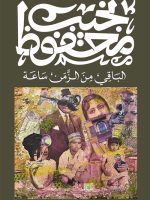

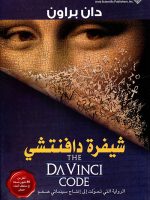
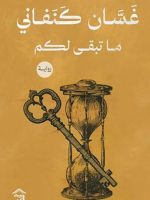

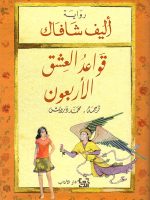


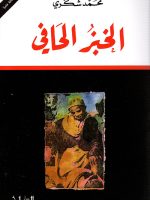
Be the first to review “Heart of the Night”